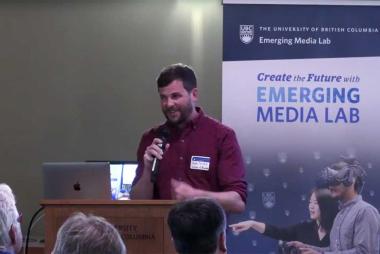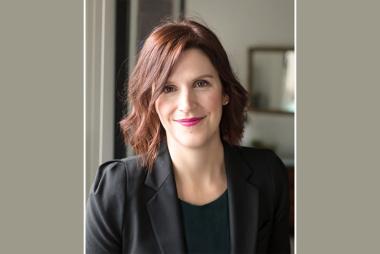
October 12, 2021
In the spring of 2021, undergraduate student and NUS Representative Selyen Singh organized a virtual book club for members of her cohort. The group of ten to twenty then first-year students came together about once a month on Sunday evenings via zoom to discuss the history and ongoing impact of racism in health care. Assistant Professor Lydia Wytenbroek facilitated discussions about the selected books and the role of students and nurses in navigating racism in health care and nursing. Following discussions on the history of medical racism in NURS 330, students were motivated to learn more and have used the book club to supplement their learning.
During the spring semester, students in the book club read two books (divided into sections and read over a period of a couple of months): Rebecca Skloot’s The Immortal Life of Henrietta Lacks and Damon Tweedy’s Black Man in a White Coat. This fall, the group has elected to read Bob Joseph’s 21 Things You May Not Know About the Indian Act. The book club hopes to meet in person this semester and has recently received APSC EDI funding to cover the cost of food at book club meetings. In addition to the existing book club for the second-year students, Selyen has also organized and will take the lead in facilitating book club discussions for the incoming undergraduate students, set to begin this fall. The incoming students have chosen to read Samir Shaheen-Hussain’s Fighting for a Hand to Hold: Confronting Medical Colonialism Against Indigenous Children in Canada, as their first book. Selyen will present on the book club at the upcoming Critical Research in Health and Healthcare Inequities (CRiHHI) seminar “Nursing Student Leaders for Social Justice” on October 14.
By all accounts, the book club has been a successful student-led initiative. Despite an already packed academic schedule, UBC Nursing undergraduate students have committed time and energy to reading and learning outside of the formal curriculum. Their earnest willingness to dismantle systems that stand in the way of equitable and just care is remarkable, inspiring, and hopeful. “What impresses me the most about this student collective,” says Dr. Lydia Wytenbroek, “is that this group of students is not interested in simply discussing racism in the abstract. They are reflecting on historic injustices, applying that understanding to present-day issues, and engaging in meaningful activism.”
- Selyen Singh & Lydia Wytenbroek


